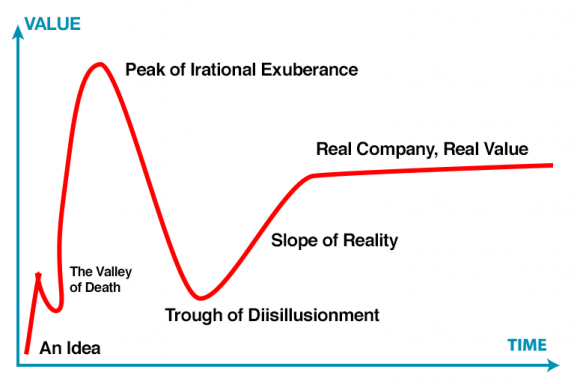
At the end of the 10 weeks at Fledge, we ask each company to create a 30/60/90 day plan. After 10 intense weeks on strategic thinking, marketing plans, sales plans, iterations on financial models, and weeks crafting stories for investors and others, it’s time to drop down into tactics and figure out how to execute.
That is the easy part.
The hard part is then making that plan come true. If your startup is like most, 30 days later, some of the 30 days goals are unfinished and a large number of the 60 and 90 day goals now irrelevant.
If you are operating like most startups, you’ve not scheduled a time to revisit those goals, and to set up new goals for the next 30/60/90 days.
Successful startups set aside time for this important task. The best practice is to spend a few hours each month with the management team (which for young startups is the whole team) to ensure everyone is working toward the same goals.
It is far too easy to focus solely on the day-to-day tactics of operating the company, and forget the equally important task of thinking strategically. An accelerator like Fledge forces companies to take that time.
That timeout from operations may very well be the secret sauce that makes accelerators so useful to young startups. That, plus an incredible amount of mentorship, connections, and the network beyond graduation. But none of that matters without a well through through, viable 30/60/90 day plan.














